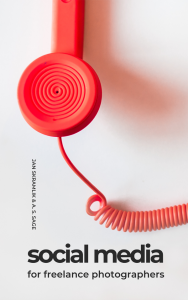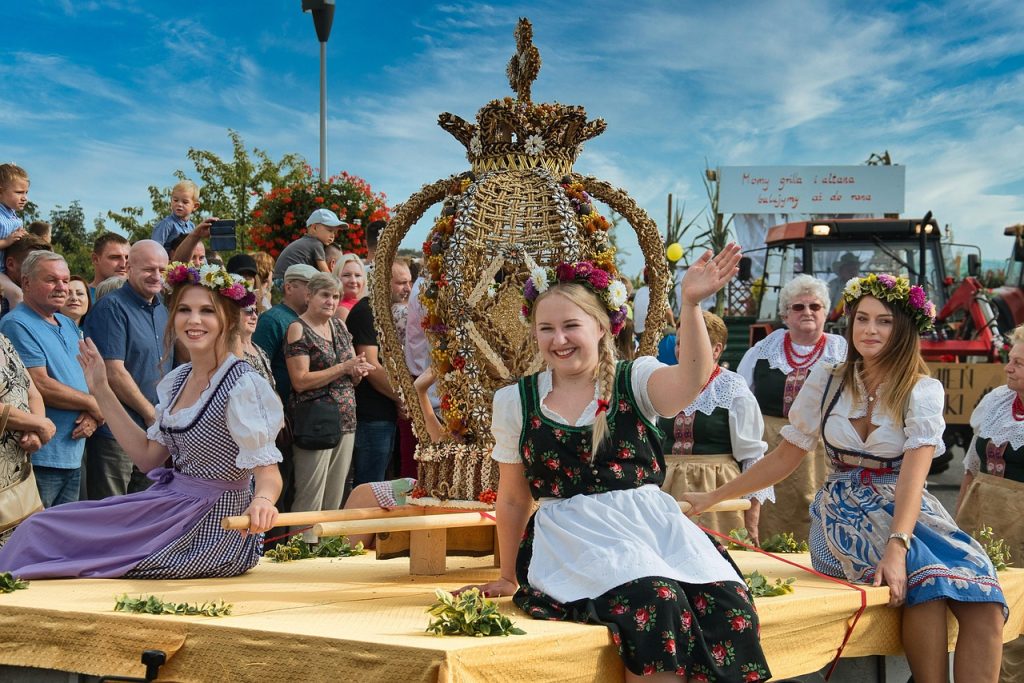Like it or not, social media has become an essential part of working as a freelance photographer.
And if you’re a photographer trying to build your brand online, you’ve probably felt a bit overwhelmed—maybe even annoyed—by all the social media advice out there.
“Be everywhere!” they say. “Post every day!” And sure, you know you should—but you also know how boring it can be.
Here’s the good news: you don’t have to be everywhere. You don’t need to conquer every platform or spend more time online than behind the camera. You just need to choose the right ones for your style, audience, and goals.
Not every social media platform is worthy of your time. Each one has its own purpose—and more importantly, its own kind of potential client.
Here’s a practical guide to help you navigate the social jungle.
1. Instagram
Instagram is still the king for photographers—and for good reason. It’s a visual-first platform where portfolios shine. You can share not just finished work, but also behind-the-scenes peeks, reels, and stories to keep followers engaged.
- Show off your portfolio
- Network with other creatives
- Build an audience for personal or commercial work
Quick tip: Post consistently, but don’t get hung up on follower counts. Focus on building genuine connections and interacting with people in your niche.
2. Facebook
Facebook may not feel trendy, but it’s incredibly useful, especially for photographers working locally. Facebook business pages help you showcase work, while groups open doors to networking and referrals.
- Great for local business, events, family + portrait work
- Facebook Ads can work surprisingly well for targeted audiences
- Community groups are goldmines for recommendations
Quick tip: Keep your personal and business profiles separate. Treat your business page as a professional storefront.
3. Pinterest
Pinterest often flies under the radar—but it can quietly drive massive traffic to your website or blog. Pins last far longer than posts on other platforms, making it ideal for evergreen content like portfolio galleries, blog posts, or product pages.
- Perfect for photographers with blogs, courses, or products
- Excellent for wedding, lifestyle, and travel photography
- A search engine, not just a social network
Quick tip: Focus on vertical pins with strong visuals and keywords in the description. Regularly pin your own work to stay visible.
4. LinkedIn
LinkedIn isn’t just for corporate suits—it’s a hidden gem for photographers working in B2B, commercial, or branding spaces. It’s where art meets business, and where clients who pay hang out.
- Ideal for commercial, corporate, and branding photographers
- Builds authority through posts + articles
- Great for networking with agencies, brands, and businesses
Quick tip: Keep your profile professional and up to date. Share insights, not just pretty pictures.
5. TikTok
If you have the energy and curiosity, TikTok can be a surprisingly powerful tool for photographers. Short videos showing your process, gear tips, or transformation edits can rack up serious views.
- Huge reach potential
- Great for showing personality + creative process
- Helps you stand out from static portfolios
Quick tip: Have fun with it! Authentic, behind-the-scenes content often performs better than polished promos.
How to Choose the Right One For You
- Go where your clients are, not just where your peers hang out.
- Start with one or two platforms and master them before adding more.
- Consistency beats perfection: show up regularly, even if you’re not posting daily.
Want More Help? We’ve put together a practical guide called Social Media For Freelance Photographers packed with real-world tips to help you build your online presence without burning out.




